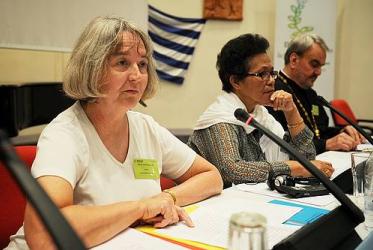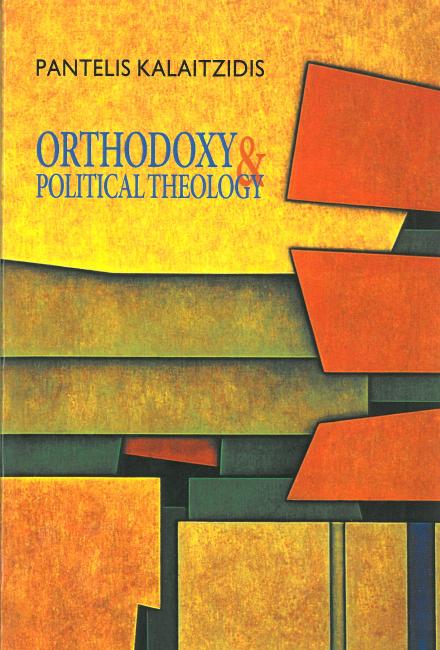Report of the 2009 Meeting of the Plenary Commission — Faith and Order paper No.212
The historic ecumenical journey of the Commission on Faith and Order towards the goal of visible unity in one faith and in one eucharistic fellowship led them to the island of Crete in 2009 and to a fresh appreciation of many facets—historical, doctrinal, social, spiritual—of what it means to be called to be one Church today.
This stimulating volume gathers a rich array of presentations and reports from the Crete meeting, focused especially on the doctrine of the Church and the changing shape of the “visible unity” that Christians seek. Chief among its study projects, and the central focus of this volume, is rethinking the nature and mission of the Church in light of new contextual insights from around the world, deeper appreciation of the early Church’s ecclesial legacy, and highlighting the prophetic and missional roles of the Church today.
15 February 2012




